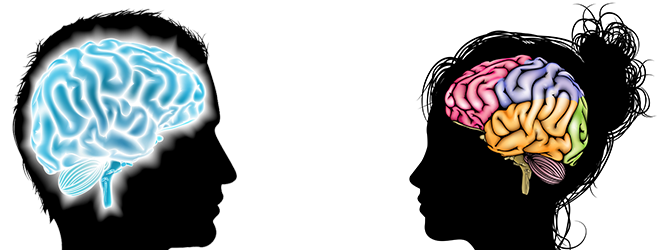
For a long time, sleep apnea was the great white whale – it was elusive, people didn’t know much about it, but what they did know is that it caused a lot of problems and damage. Today, we know a lot more – mainly that obstructive sleep apnea is a deleterious and dangerous health condition. We also know that sleep apnea can have negative affect on the brain – not only can it weaken blood flood and increase the risk for dementia, it may also be opening the flood gates for bacteria to attack your brain. A new study shows that sleep apnea can break down the blood-brain barrier, a part of the brain that is essential for keeping the brain healthy.
Obviously, the brain is a pretty important organ – if it wasn’t for your brain, you wouldn’t be reading this article; actually you wouldn’t even be alive. Like a big fence, the blood-brain barrier protects your brain from bacteria and harmful chemicals. Previous studies show that if the blood-brain barrier is broken down in any way, the risk for stroke, meningitis, epilepsy, multiple sclerosis, Alzheimer’s disease and other conditions becomes much greater. You see, you need that blood-barrier to keep the sensitive tissues of your brain safe.
In this current study, which was carried out by researchers at UCLA and published in the September 1st issue of Journal of Neuroimaging, doctors used magnetic resonance imaging to measure the breakdown of the blood-brain barrier. Magnetic resonance imaging is only used by a handful of researchers around the world and it is non-invasive, which allows the researchers to get a much closer and clearer look at what is going on in the brain. This is the first time researchers have found a direct correlation between sleep apnea and the erosion of this part of the brain.
In the past, studies have shown that the blood-brain barrier can become compromised by things like high blood pressure and reduced levels of oxygen. Now that there is a connection between sleep apnea and the blood-brain barrier, researchers can better understand how to help people suffering from the sleep disorder. Namely, doctors recommend regular CPAP therapy to increase oxygen levels – oxygen levels that can be decreased when you are gasping for air all night. With a CPAP machine, like the AirSense 10, gentle pressurized air will be keep your breathing passageways open while you sleep.
At the end of the day, CPAP will pretty much save your life. In another study, which was published right around the same time, researchers at the University of Australia in Sydney found that untreated sleep apnea can wreak havoc on the brain stem. Basically, it ramps up the sympathetic nervous system, which can increase the risk for hypertension and cardiovascular disease – it may even give you a heart attack. In the end, researchers found that simply undergoing nightly CPAP treatment can bring your sympathetic nervous system activity back to normal healthy levels, thus saving your heart, brain and the rest of you.









